The Delaware River is widely considered to be one of the greatest natural and recreational resources in the United States, the pinnacle of fly fishing in the eastern half of the country and the source of drinking water for over 15 million people. The multi-state commission that regulates the region surrounding the this river system, the DRBC (Delaware River Basin Commission), has been the focus of a great deal of controversy as of late, due to its failure to impose regulations regarding the construction of natural gas pipelines in the Delaware River watershed.
Until recently, the DRBC -- which was established in the 1960s by President Kennedy as an organization "with the force of law to oversee a unified approach to managing a river system without regard to political boundaries" -- has taken a tough stance against fracking in its watershed, and continues to maintain a moratorium on the process. However, the commission has allowed -- thus far without review -- 13 natural gas pipelines that are being built or are planned to be built through the Delaware River watershed. Though the commission's rules do not traditionally permit it to regulate pipeline constructions, critics claim that certain exceptions give the DRBC the power and responsibility to review and regulate pipeline construction, a responsibility which these critics say the DRBC has ignored.
Earlier this month, approximately 140 protesters disrupted and forced a DRBC meeting to close, after the commission indicated it would not be tabling the issue of pipeline construction despite requests from 67 different organizations, including the Delaware Riverkeepers Network and the Sierra Club. Led by the Riverkeepers' Maya Rossum, the crowd joined as Rossum demanded the commission cease to abdicate their responsibility to the communities being harmed by the pipelines. After two hours of public comment from local citizens and officials, the DRBC was forced to close and postpone the meeting.
After the meeting, Tracy Carluccio, Deputy Director of Delaware Riverkeeper Network said "we've tried to make the system work, to insist that the DRBC do the right thing so that gas pipelines do not slash and burn the watershed. But they haven't listened and taken the action their compact requires, so we had to seize the moment today to speak for the Delaware River Watershed." Jeff Tittel of the Sierra club noted that the DRBC has a responsibility to protect the Delaware not only from fracking itself, "but also from the devastating impacts that these pipelines cause by cutting through our watersheds and leaving toxic chemicals behind, which threatens the drinking water for 17 million people."
The current focus of activists' efforts is the NEUP (North East Upgrade Project) of the Tennessee Gas Pipeline that will, if completed, carry gas from Pennsylvania to major eastern markets and to eastern ports for export to overseas markets. According to the Riverkeepers Executive Director, Carroll Collier, the DRBC has now admitted it was negligent in not reviewing and regulating existing pipelines. According to Collier, unlike the already completed pipelines in the Delaware River watershed, the DRBC still has the opportunity to take action to stop the Tennessee Gas Pipeline NEUP and is urging concerned citizens to take immediate action to insure they do. Collier states,
DRBC has now admitted they were wrong on other up river pipelines – they should have done a review of the cut through the forests and parks before the project ever happened. They didn’t. So now they are going back to take a second look. Because those are already in, all that can be done is to try to undo some of the tremendous damage done.
But the DRBC still has a chance to do that review on the Tennessee Gas Pipeline’s Northeast Upgrade Project (TGP NEUP) before the damage is done, and finding a way to avoid it, rather than apologizing after the fact.
DRBC has the authority, right and we believe the obligation to reopen the very limited water withdrawal docket they issued for the TGP NEUP and require a cumulative analysis and public hearing before a docket and the project can go final.
For more information on the issue and how to take action, please visit: http://www.delawareriverkeeper.org/act-now/urgent-details.aspx?Id=139.

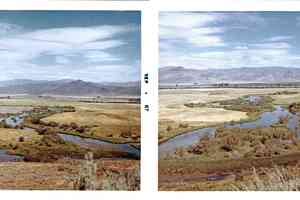


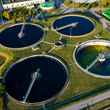



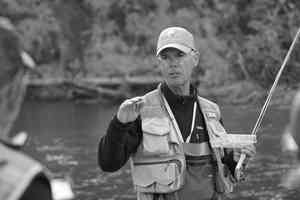
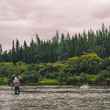




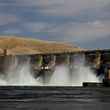

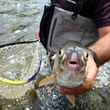

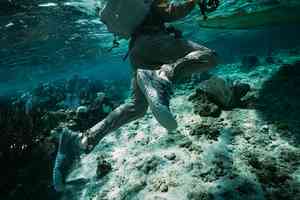
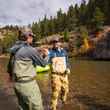




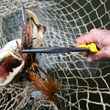
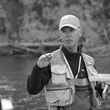

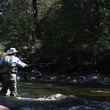


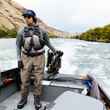
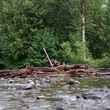
Comments